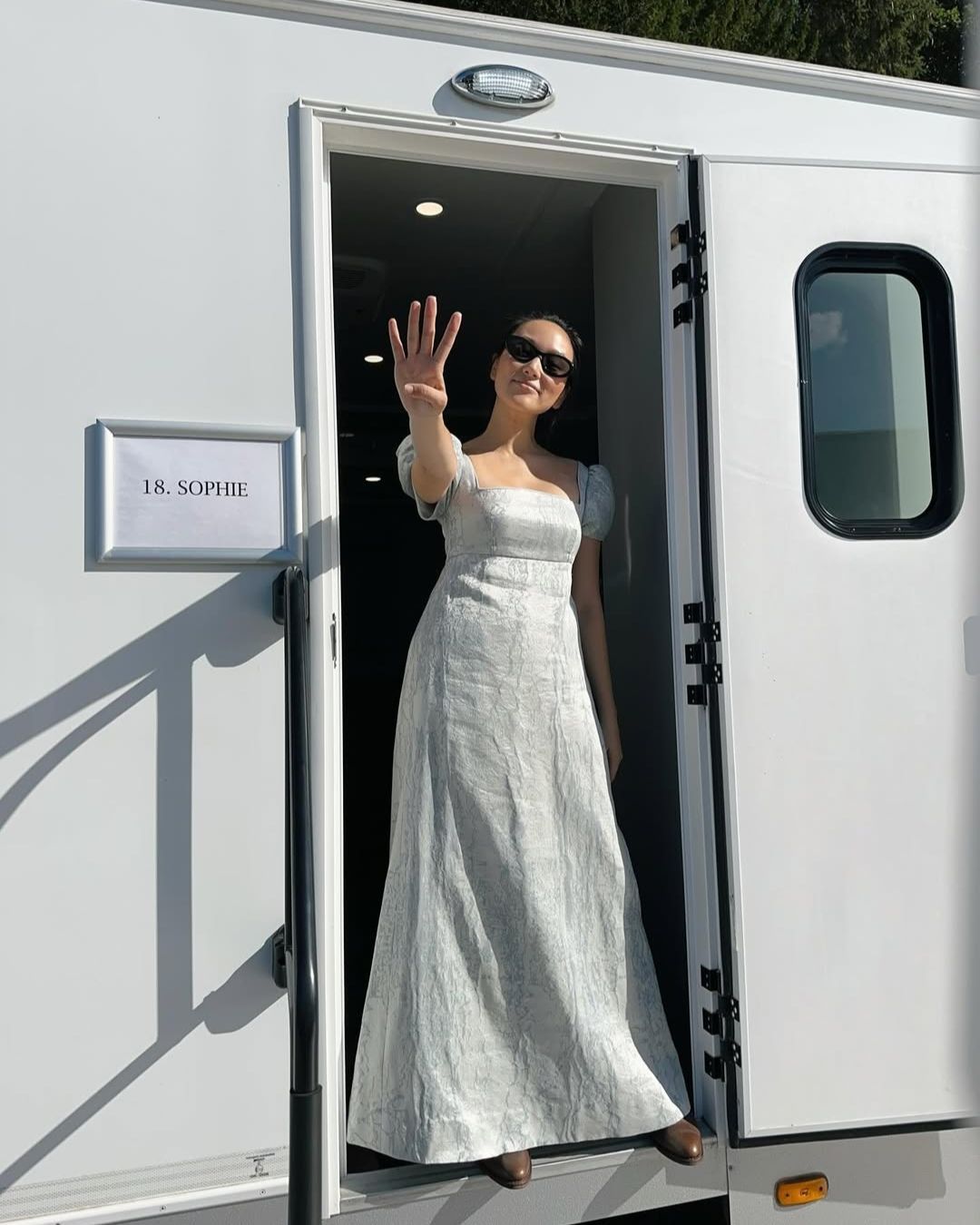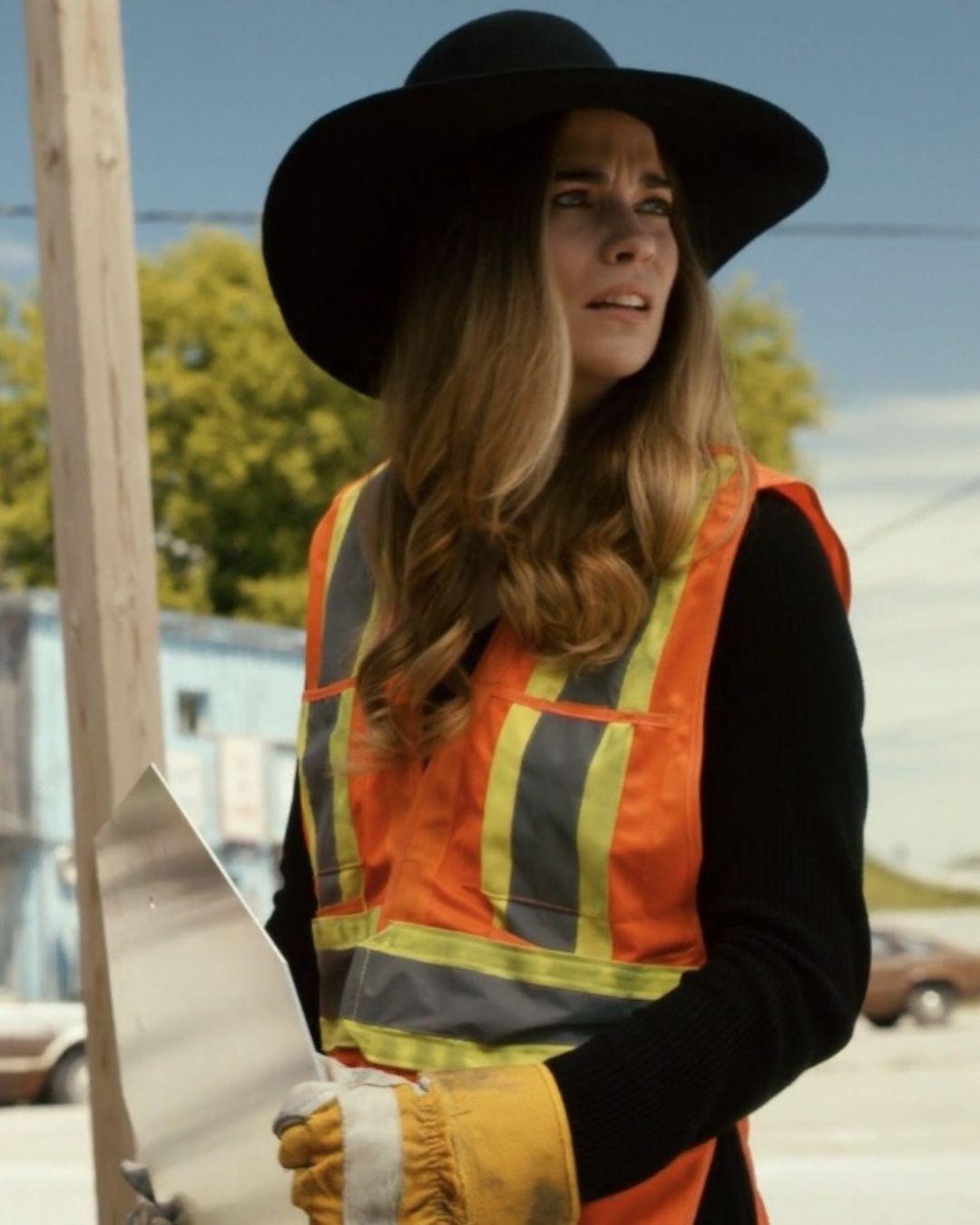
Do women not know how to manage their money? More than a problem of natural aptitude, it is a problem of education
In the successful editorial and cinematic series "I love shopping," the protagonist Rebecca is a young career woman who has a little problem: she's addicted to shopping and risks financial ruin. She relies on credit cards, but ends up getting into trouble. In "Sex and the City," on the other hand, Carrie spends all her savings on Manolo Blahnik shoes, to the point that when her rent is about to increase, she panics. In general, it seems that audiovisual products depict women as frivolous, reluctant to talk about money and savings, incapable of dealing with taxes, investments, and bank accounts, with their heads in the clouds and spending habits that go against all common sense. Does this representation on the big and small screen reflect reality? Unfortunately, to some extent.
Gender Differences in Financial Education: The Data
To understand more, Klarna and the research agency Appinio conducted a survey on a nationally representative sample of 1000 participants. The data obtained are very significant and highlight the difference in approach to personal finance between men and women. For example, 51% of men feel comfortable dealing with a financial advisor, compared to 34% of women. Furthermore, 11% of them feel intimidated compared to 5% of men when it comes to dealing with the topic of finances, money, and savings. It's a serious problem, of which women are very aware. Only 39% of them believe that there is sufficient support for women on financial issues. Men, on the other hand, seem to be out of touch. 62% of them believe that support is adequate for everyone. Moreover, 28% of women are convinced that gender expectations and stereotypes influence this, a sentiment shared by 16% of men. So what now?
Overcoming a Retrograde Legacy
It's not difficult to understand where these data come from. It has always been believed that women are naturally more inclined towards humanities, while men are better suited for sciences, including finance and economics. Moreover, until recently, it was the husband and father who managed the family finances, and a woman's purchasing power depended on him, his calculations, and his generosity. If we delve deeper, we recall that for centuries women were not allowed to have a bank account in their own name, and even today some wives and girlfriends depend economically on their partners and husbands, placed in a condition of passivity, unable to leave or earn a living independently. As journalist Annalisa Monfreda aptly puts it: "The data from this survey show that the exclusion of women from the financial world is not the result of a choice, but of the effort made by those who want to take charge of their financial lives, in a world that, with obscure language and discouragement, tries in every way to keep them out of this form of exercise of power." In short: by societal pressures, habit, or for any reason, there still exists a profound gender disparity in financial education and literacy rooted in historical and social reasons, which finds its origins in patriarchy and seems to be resurging in the forces that persuade girls to become traditional wives and reject the label of girlboss.
Tips and Resources to Improve Our Financial Education and Learn to Manage Personal Finances
This disparity is unsustainable, it robs us of power and makes us vulnerable. More and more women are pursuing high-level careers, learning to manage their finances optimally, and are the highest earners in their households. For others, there's no reason to be discouraged. Even though practical life and work management is too often ignored in universities and schools, addressed only in specific study programs, there are many ways to fill these gaps. A good start could be to seek advice from an accountant or financial advisor, without shame. A professional (even online) is ready to lend a hand and guide you to discover the magical world of optimal personal finance management. For example, FlexTax specializes mainly in managing VAT, and websites like IoInvesto and MoneyFarm are full of articles that explain in a practical way how to navigate a new universe, which may seem daunting. The italian government has a portal dedicated to financial education that is not really sponsored or inserted in school programs. Lastly, Annalisa Monfreda herself founded (together with Montserrat Fernandez Blanco, Marco Ottonello, and Paolo Galvani) Rame, a platform that aims to open and broaden discussions and debates about money, including for women.
























































